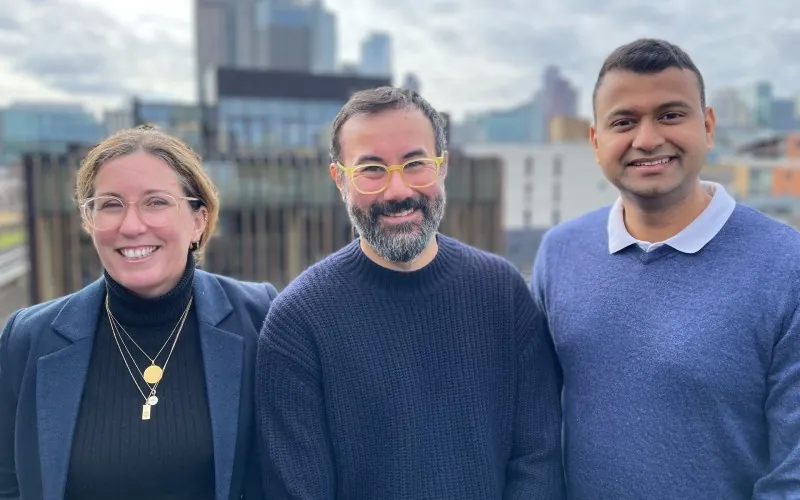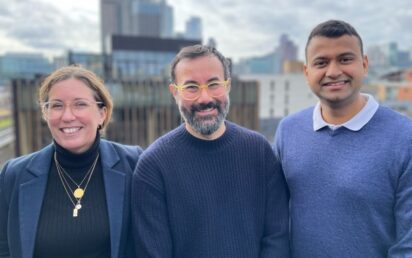An agricultural tech solution transforming palm plantations with precision farming has secured £250,000.
The pre-seed round of funding into Permia Sensing, an Imperial College spinout, has been led by early-stage focused venture capital firm Jenson Funding Partners.
The funding will be used to continue its mission to change the way palm plantations are managed via the use of monitoring technologies and robotics.
Palm plantations play a significant role in global agriculture as they produce oil, coconuts, and dates. Palm oil itself can be found in approximately 50% of all packaged goods in the US alone, including cosmetics, clothing, furniture, and more.
Palm is a more efficient crop than others as it requires the use of a fraction of the land that other crops utilise. For example, palm produces 40% of total vegetable oil output while using only 6% of the land.
But due to factors such as lack of nutrients, drought or disease, palm plantations on average produce just half of their potential yield.
Permia Sensing’s acoustic sensor was designed primarily to detect red palm weevil, a harmful pest for coconut palm trees that is known to damage an estimated 10% of the coconut yield globally. The acoustic sensor, which has 97% accuracy, also monitors tree health for the likes of nutrient and irrigation levels.
The sensor data can then be utilised alongside imagery and Permia Sensing’s AI-powered platform to help growers analyse tree-level data across an entire palm plantation and suggest ways to improve yields. The company is currently piloting its solutions in corporate plantations in Sri Lanka.
Palm oil has faced criticism from environmental groups due to it being a driver of deforestation of some of the world’s most biodiverse forests, but the company says it is helping to solve this problem. Along with its solution making palm farming more efficient, thus enabling the usage of less land, it also provides a less toxic approach to getting rid of pests such as the red palm weevil. With these sustainability and net-zero focused precision farming efforts, Permia Sensing is aligned with the UN’s Sustainable Development Goals, it says.
“Much research has shown us that we are not working palm plantations in the most effective way possible, particularly when we consider just how much palm is required for global use,” said Efrem de Paiva, CEO of Permia Sensing.
“With Permia’s technology, we hope to help farmers globally generate the most sustainable yield from the healthiest trees. By minimising some required input we can reduce CO2 emissions, not to mention the social impact of generating more income within the supply chain.”
Sarah Barber, CEO of Jenson Funding Partners, added: “With palm being so prominent in products across the globe, it’s important farmers have access to tools required to generate the highest yield.
“Permia is a solution that is multifaceted, providing insights on resources and palm harvest, as well as data to support tree health, higher yields and environmental impact. This data is not only useful for farmers, but future palm plantations.”


